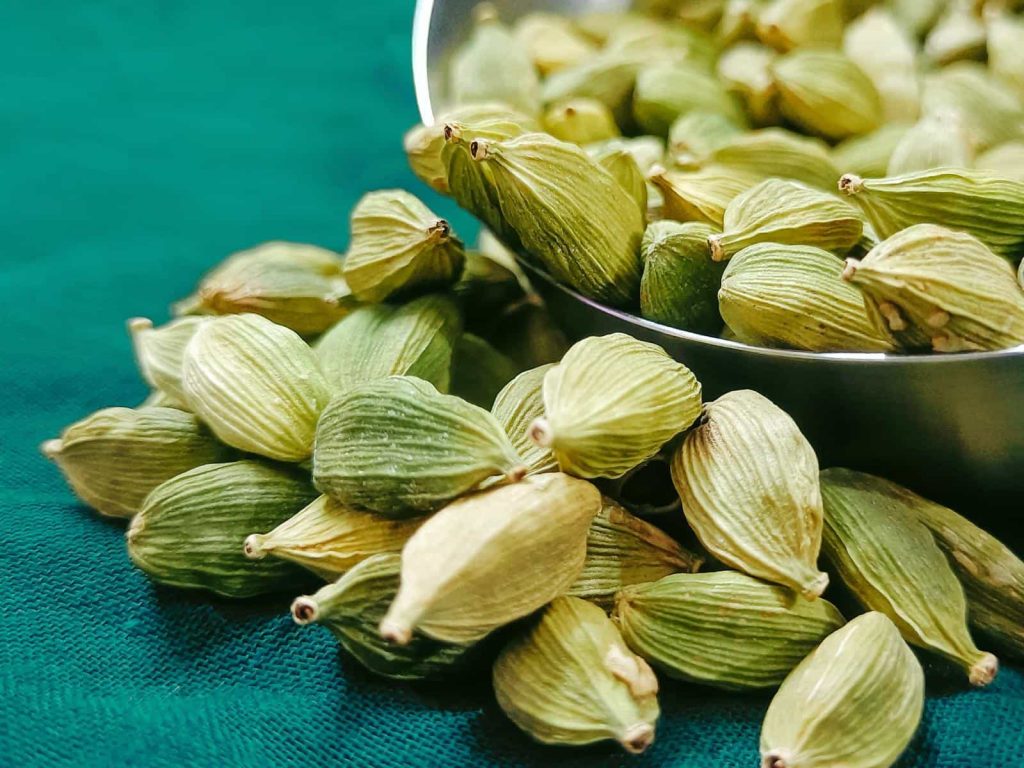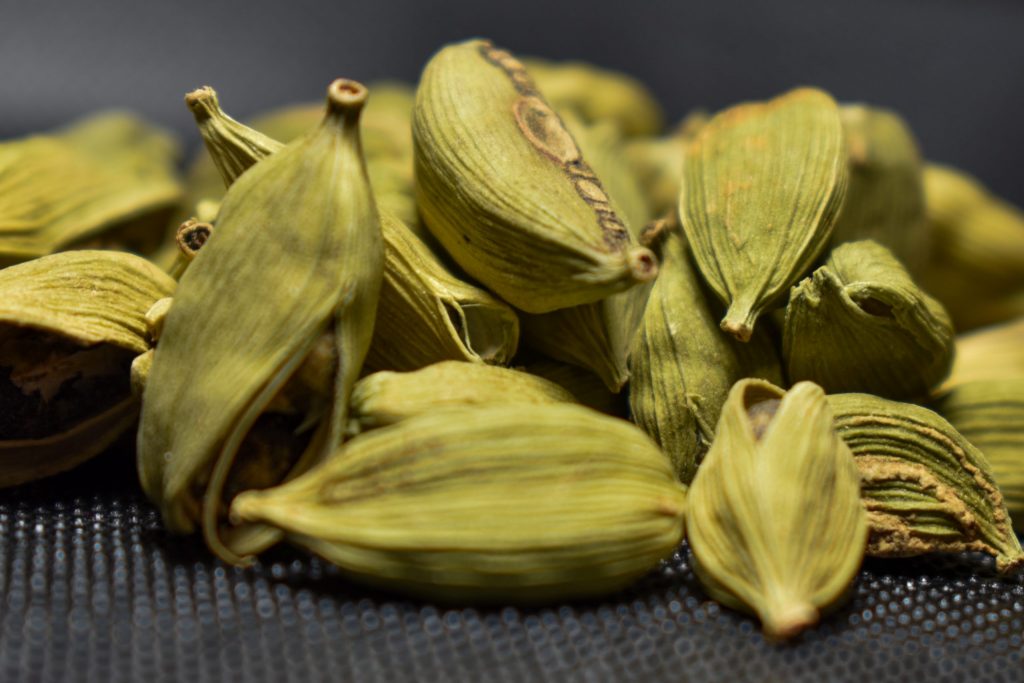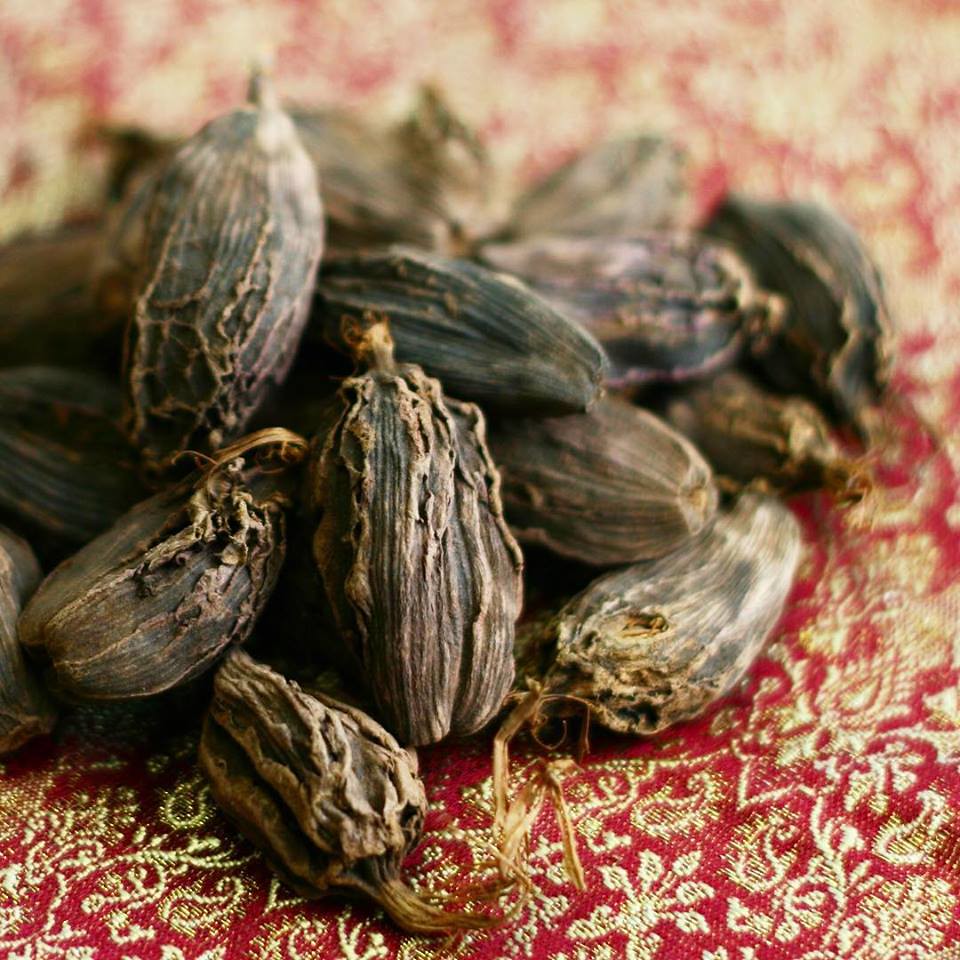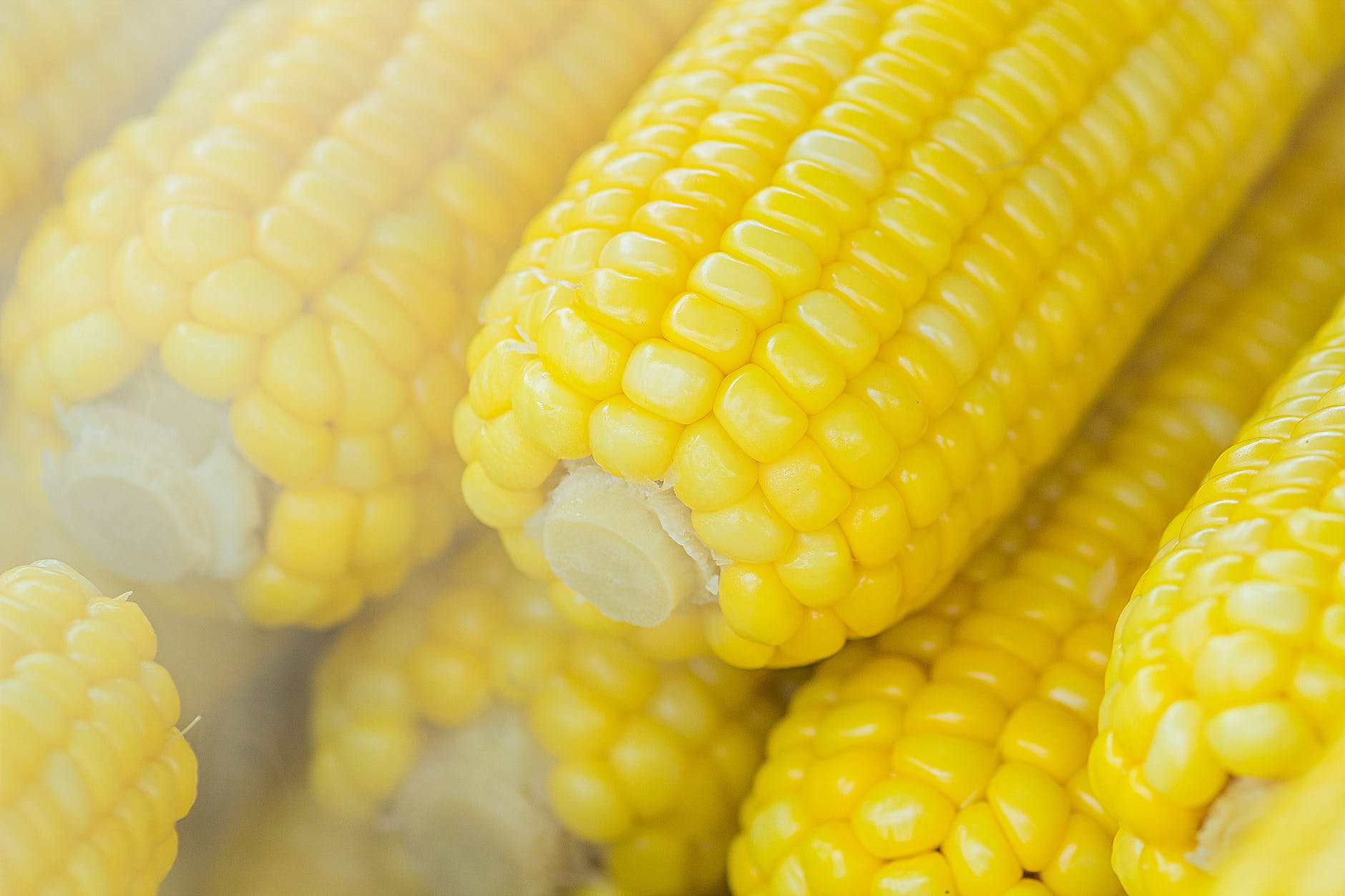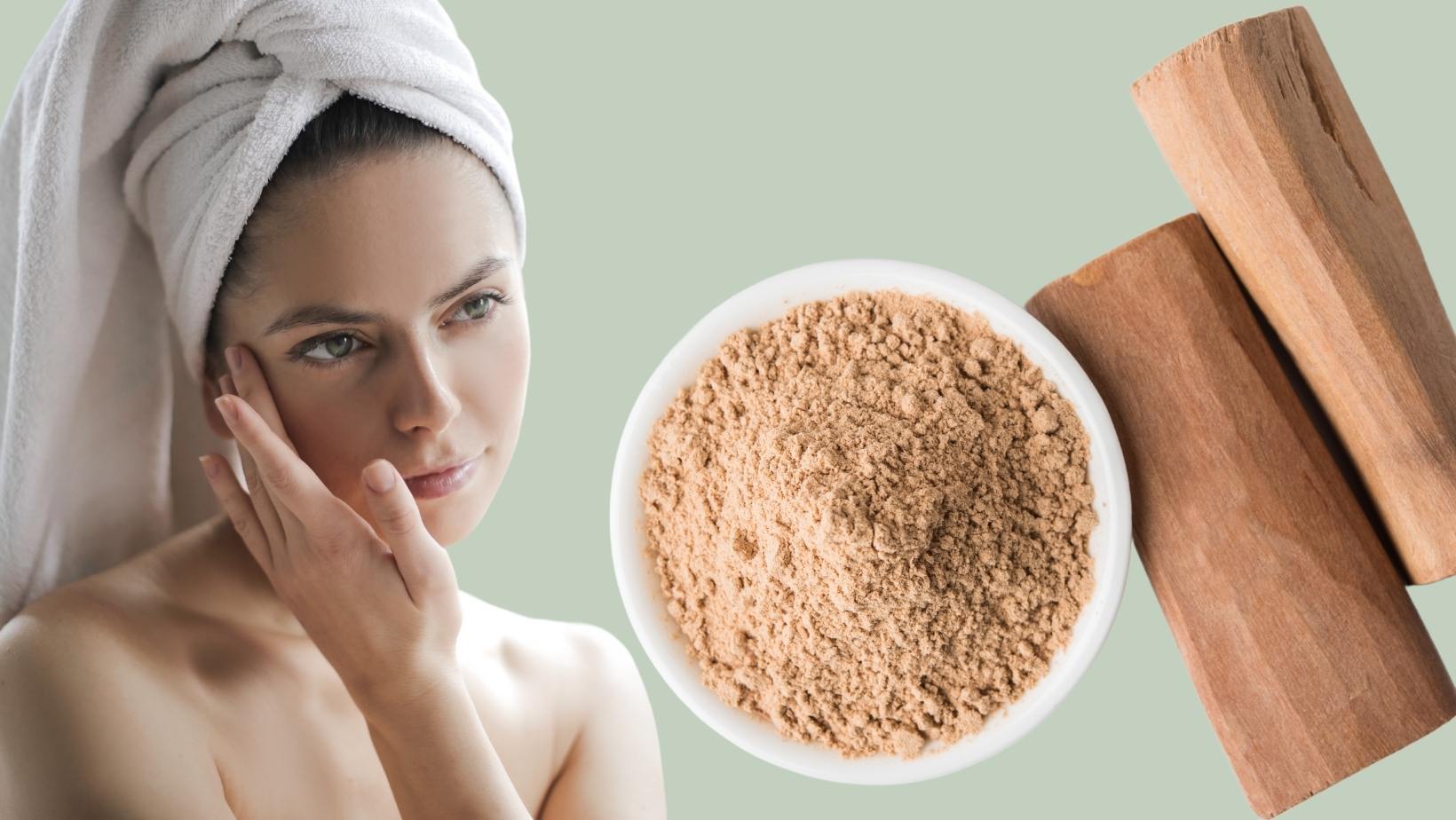
Are you a skincare enthusiast always on the lookout for natural remedies? If so, you might have come across the wonders of sandalwood powder for your face. Sandalwood, a prized ingredient in ancient healing systems like Ayurveda, has been used for centuries in traditional beauty rituals, thanks to its soothing and rejuvenating properties. However, as with any skincare product, it’s essential to be aware of potential side effects. In this blog post, we’ll explore both the ancient wisdom and modern research behind the beauty benefits and possible drawbacks of using sandalwood powder on your face, so you can make an informed decision for your skincare routine. Let’s dive in!
✨ Ancient Healing Wisdom: Sandalwood in Ayurveda ✨
Sandalwood has a significant presence in Ayurveda, the traditional Indian system of medicine. According to Ayurvedic principles, sandalwood is believed to possess cooling and calming properties, making it suitable for soothing various skin conditions. Here are some of the ways sandalwood powder has been used in Ayurveda:
1️⃣ Skin Soothing and Healing: Ayurvedic texts suggest that sandalwood powder can help calm and heal skin ailments such as acne, rashes, and inflammation. It is often used in face packs and masks to reduce redness, soothe irritation, and promote a healthy complexion.
2️⃣ Balancing Pitta Dosha: In Ayurveda, imbalances in the body’s three doshas (Vata, Pitta, and Kapha) are believed to cause various health issues. Sandalwood is considered to have a cooling effect, which helps balance the Pitta dosha, associated with heat, inflammation, and skin sensitivity.
3️⃣ Spiritual and Emotional Benefits: Sandalwood has been used in Ayurveda for its calming and grounding properties. It is believed to help reduce stress, anxiety, and promote a sense of tranquility, creating a holistic approach to skincare.
🌟 Modern Research: Validating the Beauty Benefits 🌟
In recent years, modern scientific research has begun to shed light on the potential beauty benefits of sandalwood powder. While more studies are needed, preliminary findings support some of the traditional claims. Here’s what the research suggests:
1️⃣ Anti-inflammatory Effects: Several studies have shown that sandalwood possesses anti-inflammatory properties. It may help reduce skin inflammation caused by conditions like acne, eczema, and psoriasis. These effects could be attributed to the presence of compounds like santalols and alpha-santalol.
2️⃣ Antioxidant Activity: Sandalwood powder contains antioxidants that can combat the harmful effects of free radicals on the skin. These antioxidants, such as flavonoids and terpenoids, may help protect the skin from oxidative stress, preventing premature aging and maintaining a youthful appearance.
3️⃣ Anti-microbial Properties: Some research suggests that sandalwood exhibits antimicrobial activity against certain bacteria and fungi. This makes it potentially beneficial for controlling acne-causing bacteria and maintaining a healthy skin microbiome.
🚫 Potential Side Effects of Sandalwood Powder on the Face🚫
While sandalwood powder offers numerous beauty benefits, it’s essential to be aware of potential side effects that some individuals may experience. Here are a few considerations to keep in mind:
1️⃣ Allergic Reactions: Although rare, some people may be allergic to sandalwood powder. It’s always recommended to perform a patch test before applying it to your face. If you notice any redness, itching, or swelling, discontinue use immediately.
2️⃣ Dryness and Irritation: Excessive use of sandalwood powder or leaving it on your face for extended periods can lead to dryness and irritation. It’s important to follow the recommended guidelines and not overuse the product.
3️⃣ Sensitivity to Sunlight: Sandalwood powder can make your skin more sensitive to sunlight. If you plan to use it during the day, ensure you apply a broad-spectrum sunscreen with a high SPF to protect your skin from harmful UV rays.
🌟 How to Use Sandalwood Powder Safely 🌟
To reap the benefits of sandalwood powder while minimizing the risk of side effects, here are some tips for safe usage:
1️⃣ Patch Test: Before applying sandalwood powder on your face, perform a patch test on a small area of skin, such as your inner forearm. Wait for 24 hours to check for any allergic reactions or sensitivity.
2️⃣ Dilute with Suitable Ingredients: To avoid dryness, mix sandalwood powder with a hydrating base, such as rose water, milk, or yogurt, before applying it to your face. This will help prevent any potential irritation.
3️⃣ Follow Recommended Usage Guidelines: Apply a thin layer of the sandalwood powder mixture to your face and leave it on for the recommended duration. Avoid leaving it on for too long, as it may cause dryness or irritation.
4️⃣ Protect Your Skin: If you plan to use sandalwood powder during the day, always apply sunscreen with a high SPF to shield your skin from harmful UV rays. This will help prevent sunburn and protect against increased sensitivity.
🌺 Embrace the Beauty of Sandalwood Powder Responsibly! 🌺
Sandalwood powder can be a wonderful addition to your skincare routine, offering soothing, brightening, and potentially anti-inflammatory properties. Drawing on both ancient healing wisdom and modern research, sandalwood’s benefits are being recognized in the beauty industry. However, it’s crucial to be aware of potential side effects and use it responsibly. By performing patch tests, following recommended guidelines, and protecting your skin from the sun, you can enjoy the potential benefits of sandalwood powder while keeping your skin healthy and radiant. So go ahead, embrace the beauty of sandalwood powder and enjoy a natural glow! ✨🌿😊
Blog Tags: sandalwood powder, skincare, natural remedies, beauty benefits, side effects, Ayurveda, ancient healing, modern research, soothing, rejuvenating, anti-inflammatory, antioxidants, skincare routine




